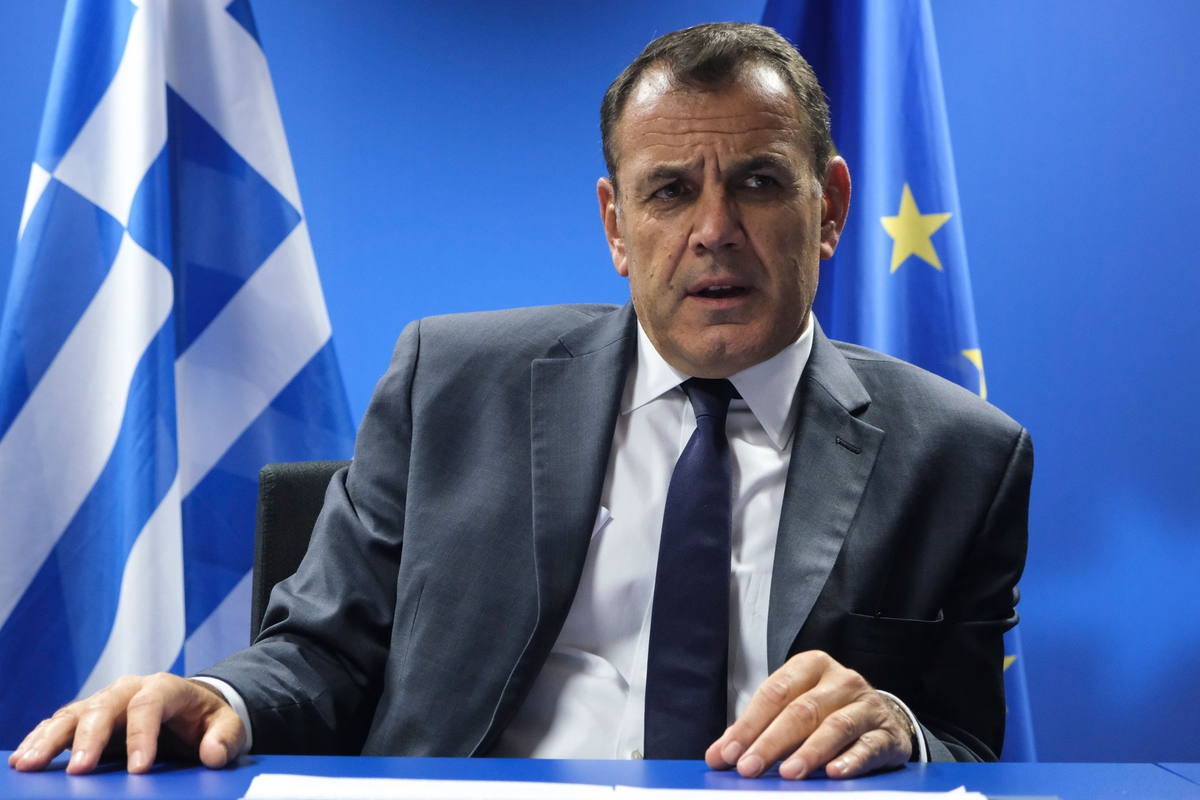
“At present, one thing is certain: asylum cannot be granted to a Syrian citizen citing persecution by the Assad regime, as that regime no longer exists,” Panagiotopoulos stated during an interview with Real FM 97.8.
Widespread suspensions across Europe
Panagiotopoulos highlighted that Greece’s decision follows a trend among European nations, with 16 countries now having announced similar freezes. “This is a temporary measure, allowing us to weigh the data and observe how conditions evolve on the ground in Syria,” he said.
He explained that approximately 99% of Syrian asylum applications in Greece referenced persecution by the Assad regime as the primary reason for seeking refuge. “This rationale ceased to be valid as of the day before yesterday,” Panagiotopoulos noted, referencing recent developments in Syria’s political landscape.
Ongoing instability in Syria
The minister underscored the fluidity of the situation in Syria, describing it as far from normalised. “Hostilities, even on a small scale, persist. There is no official state interlocutor, and the environment remains chaotic,” he remarked.
While acknowledging the possibility of new threats arising, Panagiotopoulos said, “A harsh theocratic, jihadist regime could emerge tomorrow, targeting groups such as former Assad supporters, Alawites, or Christian populations. However, no such developments are evident at this time.”
Impact on refugee and migration flows
Panagiotopoulos reported that one-third of the residents in Greece’s migration structures are Syrian nationals, either unregistered or awaiting decisions on their asylum applications. The freeze will affect both groups.
“We have temporarily halted the issuance of asylum decisions as we reassess the situation,” he explained. “The primary reason for their applications no longer exists, and it is crucial to evaluate the evolving data before taking further action.”
European collaboration and future steps
The minister noted that Turkey, which hosts around three million Syrian refugees, has also been pursuing resettlement plans in northern Syria, further complicating the regional picture. “Turkey has assumed a leading role in Syria’s future, including efforts to relocate large populations into so-called ‘safe zones,’ displacing other groups such as the Kurds,” he said.
Panagiotopoulos concluded by reiterating the government’s cautious approach. “We are freezing the process until we have clarity on what will emerge in Syria. This is consistent with the policies of nearly all European countries in managing refugee and migration flows.”
______________________________________________
Are you seeking news from Greece presented from a progressive, non-mainstream perspective? Subscribe monthly or annually to support TPP International in delivering independent reporting in English. Don’t let Greek progressive voices fade.
Make sure to reference “TPP International” and your order number as the reason for payment.